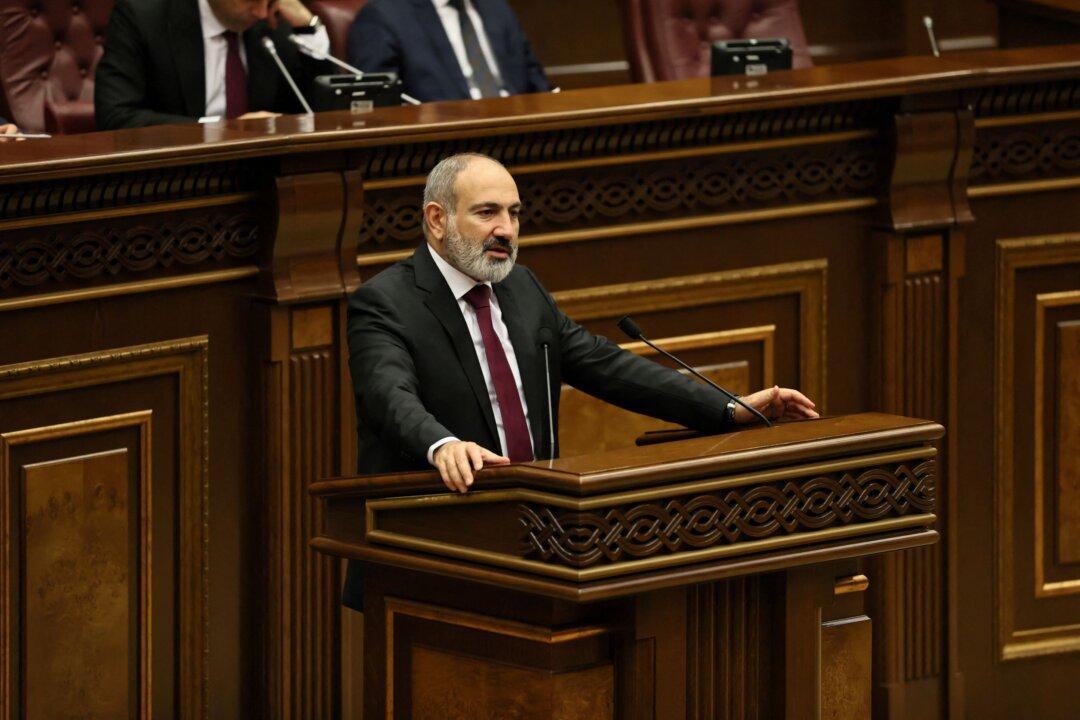Armenian Prime Minister Nikol Pashinyan has called for boosting relations between his country—a nominal Russian ally—and the United States to the level of a “strategic partnership.”
In a July 4 message to U.S. President Joe Biden, Mr. Pashinyan stressed his commitment to “expanding cooperation” with Washington in economic, energy, security, and democratic reform.





